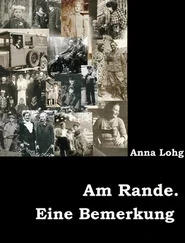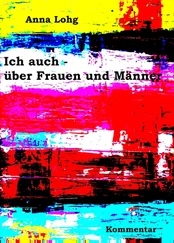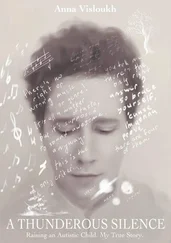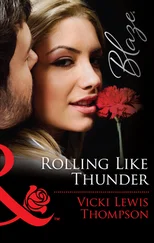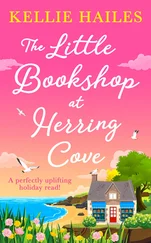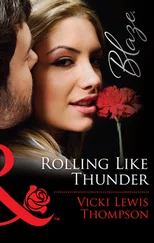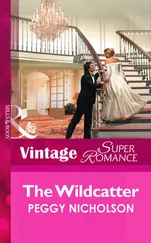There are many others who offered encouragement, meals, drinks, rides, roofs, books and articles, advice and sympathy, and put up with my obsession. Know that you are in my heart, and I thank you for your contribution. Any errors in the book are my responsibility and not those of the people who’ve touched this project over the years.
NOTES ON LANGUAGE AND GLOSSARY
Long before Europeans came to the shores of the Olympic Peninsula, there was active trade up and down the coast. There was also a lot of movement of people through, for example, frequent and widespread socializing, marriage, sharing of songs, and the movement of prisoners and slaves.
There were (and are) also dozens of languages. These are not simply dialects of one common language. The Makah language is very distinct from what is spoken by the Quileutes and Hoh. Thus, it is widely accepted that many coastal Indigenous people were (and are) bilingual, if not multilingual. Children of exogamous marriages were raised speaking both their mother’s and father’s languages.
Fur traders such as Timofei Tarakanov often used this multilingualism to their advantage. By learning a few words of one coastal language, they were able to make themselves understood. There were reportedly various lists of “Nootkan” words published in Europe and shared among the European traders starting from the visit of Captain James Cook to the Pacific coast in 1778.
This is different from what we know today as Chinook Jargon. Chinook Jargon originated as a trade language that, according to anthropologist Dr. Jay Powell, did not develop until after the arrival of J.J. Astor’s traders in the lower Columbia River in 1812—a few years after Anna’s time. Chinook Jargon has deep roots in the coastal Indigenous trade language, but includes contributions from French and English.
During her time on the coast, Anna dealt with language in this multifaceted context.
A couple of notes on the Russian language: adding ‘i’ to the end of a Russian noun makes it plural; and, Russian naming conventions are used throughout the novel. Anna is known as Madame Bulygina, Anna Petrovna, Anya, and Annichka, in decreasing formality. Her husband is known as Nikolai Issakovich and Kolya, a diminutive for Nikolai.
Babathid: (Makah baba  id) white people living in houses on the water
id) white people living in houses on the water
Bast: (Russian) reeds or grass
Beze: (Russian) meringue cookie
Blin: (Russian) pancake
Cache-Cache: (French) hide and seek
Chabas: (Makah čabas) sweet, tasty
Cheetoolth: (Makah  ) war club
) war club
Cingatudax: (Unangam Tunuu or Aleut) yarrow. Maria would know Achillea millefolium var. borealis, but this is more likely the similar Achillea millefolium var. californica.
Dikari: (Russian) savages
Domovoi: (Russian) spirit of the house
Hamidux: (Unangam Tunuu or Aleut) yellow avens. Maria would know Geum calthifolium, but this is more likely the similar Geum macrophyllum .
Khorovod: (Russian) folk dance, a combination of circle dance and chorus
Kizhuch: (Russian, origins Inuktitut) Coho salmon
Kluchab: (Makah  ) large mussel
) large mussel
Klush: (Nuu-chah-nulth) good, pretty
Koliuzhi: (Russian) Indigenous people. This word originates from the Sugpiaq-Alutiiq word “kulut’ruaq,” which means wooden dish. The Russians derogatorily used it because of the practice of some Indigenous Alutiiq women of putting a wooden labret in their pierced lower lip.
Korolki: (Russian) blue glass trading beads
Kotel: (Russian) kettle
Kvass: (Russian) a fermented beverage, usually made from bread. The Russians used other ingredients while in Russian America, such as wild celery or various berries.
Lamestin: (Chinook Jargon) medicine
Leshii: (Russian) spirit of the forest
Makee: (Russian) poppy seeds
Makuk: (Nuu-chah-nulth) buy, trade
Pahchitl: (Nuu-chah-nulth, Jewitt’s list of Nootkan words) to give. The word “potlatch” originates from this word.
Prikashchik: (Russian) supercargo
Promyshlennik: (Russian) fur trader
Putchki: (Russian origins, but widely used in English) cow parsnip. Heracleum lanatum.
Quartlack: (Jewitt’s list of Nootkan words) sea otter
Reindeer: (English) Russians use the word “elk” to describe what Canadians know as moose. Anna would never have seen a Roosevelt elk, and would most likely have confused it with a reindeer.
Rusalka: (Russian) spirit of the ponds
Ryba: (Russian) fish
Sazhen: (Russian) 1.76 metres, using makhovaya sazhen or swung sazhen
Shchi: (Russian) cabbage soup
Sviatoi: (Russian, abbreviation Sv. ) saint
Too-te-yoo-hannis Yoo-ett: (Makah) John Jewitt
Toyon: (Yakut) chief. This word was brought from northeastern Siberia by the Russians and used when referring to leaders of the Unangan, Alutiiq, Tlingit, and subsequently, other Indigenous groups.
Ukha: (Russian) fish soup or stew
 (Makah) thank you. A personal thank you for something someone has done for you. There is a slightly different word for thanking a group, and an entirely different word for a public thank you.
(Makah) thank you. A personal thank you for something someone has done for you. There is a slightly different word for thanking a group, and an entirely different word for a public thank you.
Verst: (Russian) around 1 kilometre (sing. versta)
Vodyanoy: (Russian) old spirit man of the sea
Wacush: (Nuu-chah-nulth, Makah (wayke·š [also wake·š]) bravo. Applied to a task well done. Used by European anthropologists to name the language group to which the Makah belong: Wakashan.
Zaika: (Russian) bunny. Used affectionately.

Born in Toronto and raised on a farm near Tottenham, Ontario, Peggy Herring felt the first taps of love for the written word as a young girl when her grandfather gifted her with her first typewriter. This love led her to study journalism at Carleton University in Ottawa, and after graduation she embarked on a career with the CBC, which took her from the east coast of Canada to the west. With her similarly nomadic husband she traveled to Bangladesh, where she volunteered with the United Nations, and travelled throughout India. After working in Nepal, London, Dhaka, and New Delhi, Peggy and her family returned to Canada, and currently reside in Victoria, British Columbia. She is the author of This Innocent Corner (Oolichan Books, 2010), and her short fiction has been featured in a variety of publications, including Antigonish Review , New Quarterly , and Prism International . Visit her at peggyherring.ca.
Copyright © 2018 by Peggy Herring
Читать дальше
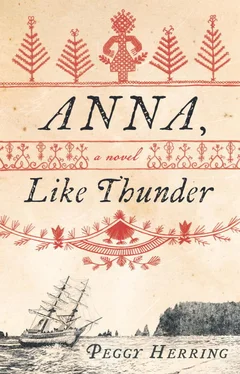
 id) white people living in houses on the water
id) white people living in houses on the water ) war club
) war club ) large mussel
) large mussel (Makah) thank you. A personal thank you for something someone has done for you. There is a slightly different word for thanking a group, and an entirely different word for a public thank you.
(Makah) thank you. A personal thank you for something someone has done for you. There is a slightly different word for thanking a group, and an entirely different word for a public thank you.

